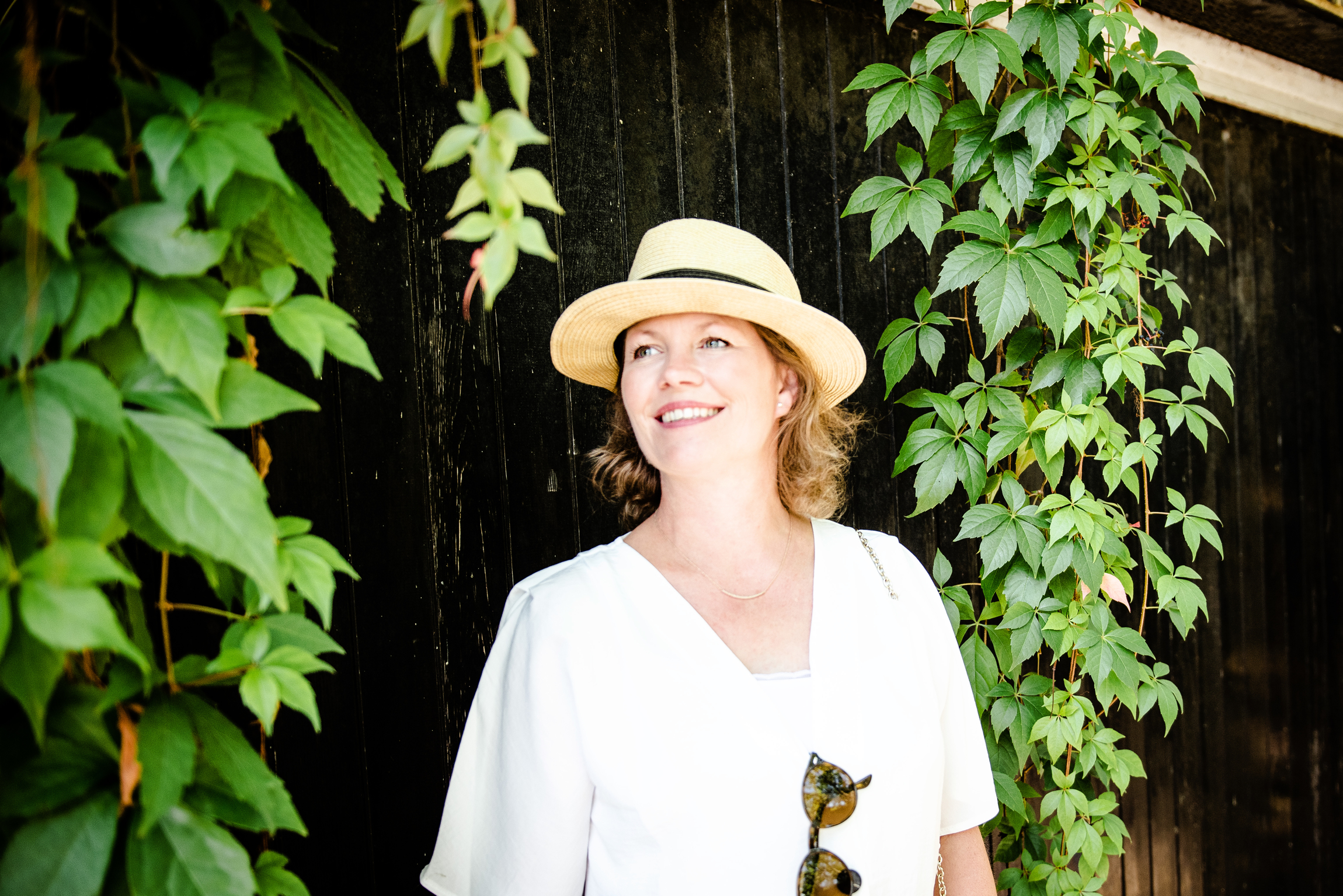The Benefits of Daydreaming For Creatives
Please can I introduce you to a secret weapon that you already do every day? Something you got in trouble for doing at school…..daydreaming.
When i I was a pony-mad girl I used to saddle up my Arab “pony” and gallop away for hours, to somewhere far away. To me, it was bliss. I spent hours and hours riding like this, only going inside when my mum told me to come in for tea.
The reality was that my Arab pony was actually my garden wall with a borrowed saddle and a green skipping rope used as a bridle.
I didn’t care. This, for many months, was my happy place. A place to be alone with my dreams and nobody else. A place where I was happy and free.
Depending on what research you read we spend 40-50% of our waking time letting our minds wander, yet we get embarrassed about it. We admonish ourselves. There’s stigma attached with not being able to concentrate.
”I get lost in my thoughts too easily”
“Oh I’m finding hard to concentrate”
“I’m so unfocused, I just keep drifting off”
“My productivity levels have been so low today”
Does this sound familiar?
I hear these phrases all the time and I felt compelled to research it further; I am delighted to hear how productive it is.
Our brains can’t actually tell the difference between reality and imagination – this is strong evidence that our internal world controls our external world.
This isn’t just ‘woo woo” Law of Attraction stuff, if you’ve read Dr Tara Swarts book The Source (and you should) neuroscience backs this up.
Daydreaming, known as mind-wandering in academic terms, is in fact a healthy, positivity thing. It’s a powerful catalyst for getting more of what you want and so much more.
But it gets knocked out of us.
I blame the school system because I remember being labelled a “dreamer” who couldn’t concentrate. Isn’t that the beauty of being a kid?
Grown ups tell us its a “waste of time”. I see it in my youngest daughter who is so lost in her own world of fantasy that she walks into lamp posts on the daily.
Some of you might know how passionate I am about how I believe the school system is knocking creativity out of kids and why we’re currently considering alternatives to traditional secondary education – check out my article on Medium if you’re interested.
But back to the important work of daydreaming because the psychology of creativity is a big and important area to explore and here’s why:
Daydreaming puts us in an empathetic state + raises our EQ
Yale psychologist Jerome Singer has found that imaginative children are less aggressive, have more control over their emotions and actions, and have more empathy than other children.
In adults too, this is a way of maximising the empathetic part of our brains as we take it away from the complex realism of our daily tasks into something much more human, which is where our EQ muscle gets a workout.
This is your go-to sacred space
Cliff Arnall, a Welsh psychologist believes that “escapist daydreaming occurs at times of stress, frustration or when we feel thwarted in the real world.”
It’s a safe place where we can explore themes that we’re ruminating over inside and imagining out what feels good to us.
Daydream more to achieve more
Dr Gabriele Oettingen, a professor of psychology at NYU thinks that daydreams are essential in helping us achieve our goals.
She says that fantasising about the anticipated achievement of a goal helps us to stay motivated and committed.
By reflecting on present reality and comparing it to fantasies about a desired future, we are driven to act.
High 5 to a higher IQ
After studying the neurological patterns of 100 people lying in an MRI machine, Professor Eric Schumacher and team found that efficiency was what led people’s mind’s to wander, because their brains are more efficient and perform tasks more quickly.
Those who reported more frequent daydreaming scored higher on intellectual and creative ability and had more efficient brain systems measured in the MRI.
Your daydreams are your zone of genius, so please take this as permission to lose yourself just a little more often.
Big love,
Ruth XO



